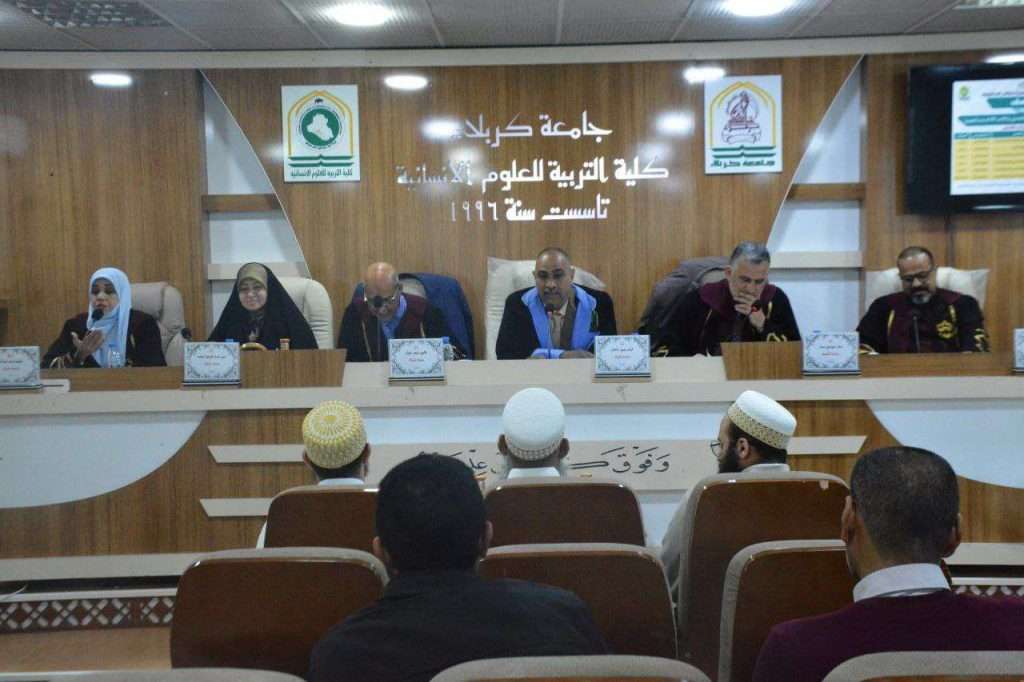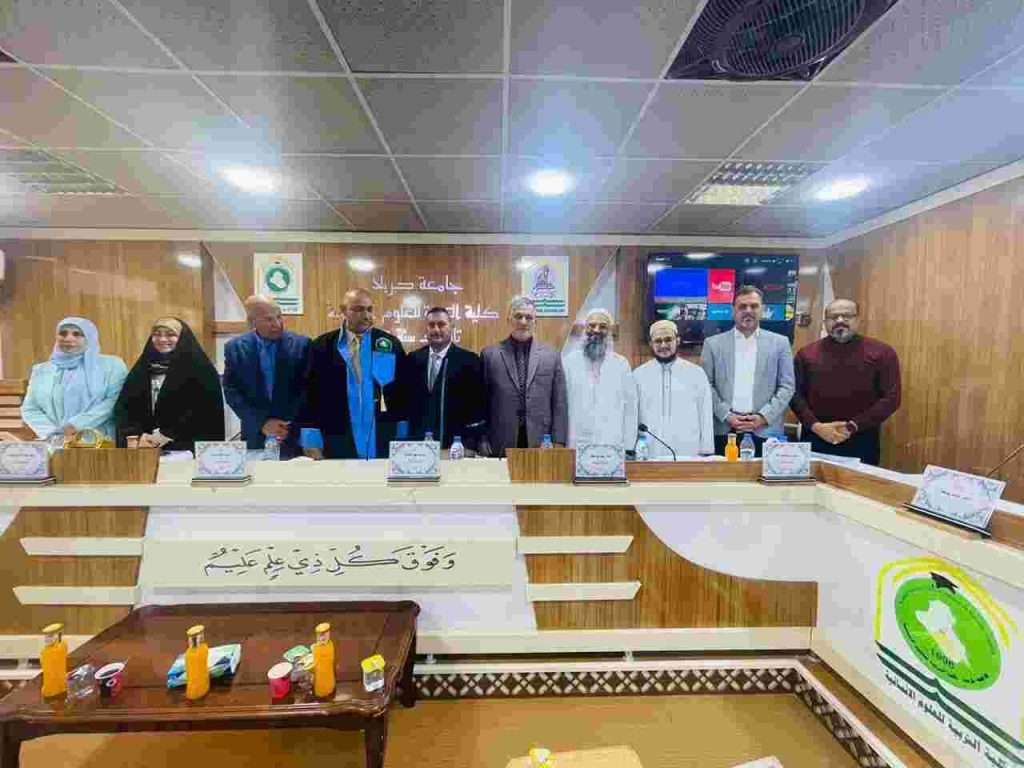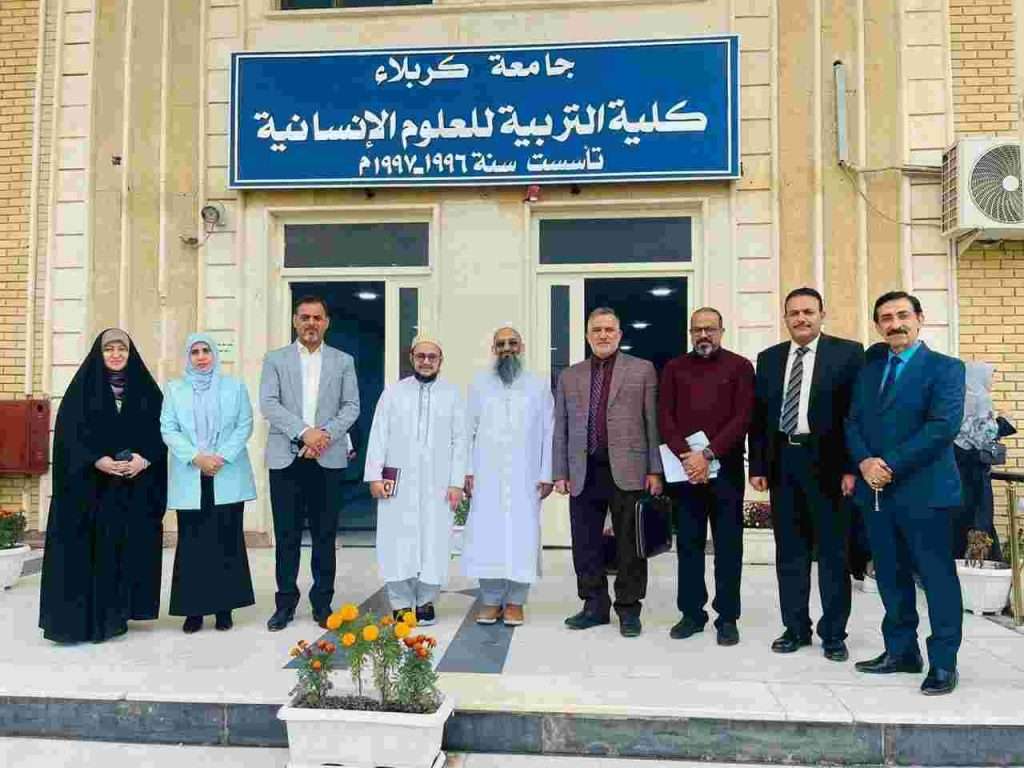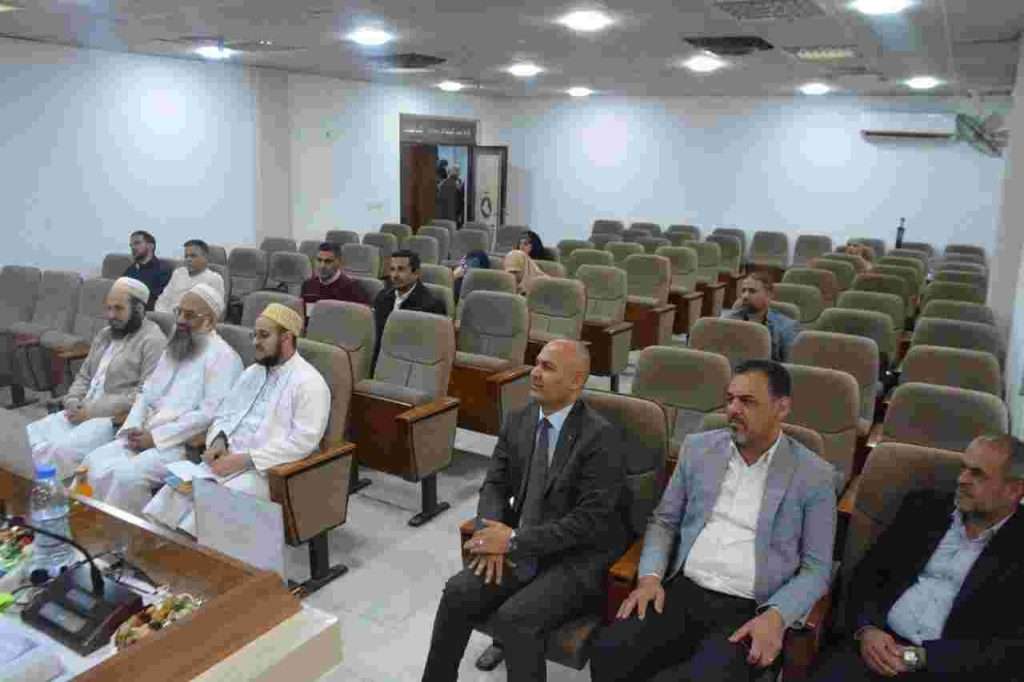The importance of the dissertation lies in the fact that Da’i Hatim is one of the prominent absolute Da’is who held a distinguished position in the Ismaili Da’wah. It sheds light on studying the Tayyibi Ismaili thought through the works of Da’i Hatim ibn Ibrahim al-Hamidi (d. 596 AH / 1199 CE), which addressed various sciences, truths, doctrines, philosophy, and history. These works became a fundamental cornerstone relied upon in Tayyibi Ismaili thought, spreading the knowledge and culture of the sect associated with the Ismaili Da’wah.
Da’i Hatim was a scholar deeply versed in its though, doctrines, principles, and teachings, as well as proficient in interpreting and explaining their traditions. Like those who preceded him in the position of Da’wah, he was characterized by extensive knowledge, eloquence, and virtue. These qualities prompted his supporters of the thought from various regions to travel to him to draw from the wellsprings of his thought through his numerous lectures on various scientific aspects. This significantly contributed to spreading the ideas of his Da’wah across different regions and countries.
The thesis included five chapters. The first chapter was dedicated to studying the call and the callers in Yemen and their intellectual impact before the era of the caller Hatim al-Hamdi. The second chapter examined the life of the caller Hatim and his intellectual and political activities. The third chapter discussed the hierarchical structure of the Tayyibi call in the views of the caller Hatim bin Ibrahim al-Hamdi. The fourth chapter explained the construction of divinities according to the caller Hatim and their impact on Tayyibi thought. The fifth and final chapter was devoted to the views of the caller Hatim bin Ibrahim al-Hamdi and his intellectual positions on the doctrines of prophethood and imamate and their interpretations.
The dissertation reached several significant conclusions, most notably: the success achieved at the beginning of the Ismaili Da’wah in Yemen was due to their Da’is, who were uniquely exceptional, as they were characterized by competence, devotion, virtue, knowledge, deep faith in their mission, and adherence to all the teachings they were provided with. The study also showed the strength of the Sulayhid state in Yemen, its adoption of Ismaili thought, and its allegiance to the Fatimid rule in Egypt until the assassination of Caliph al-Amir in 524 AH / 1130 CE, followed by their adoption of Tayyibi thought after the occultation of al-Tayyib ibn al-Amir and their belief in the Mahdist idea. Furthermore, it highlighted the Fatimid caliphs’ interest in Yemen and their efforts to resolve all its crises, fearing that the Da’wah and its followers in the region might return to the difficulties they experienced after the year 302 AH / 916 CE. The study also concluded that Da’i Hatim’s theory of monotheism is based on three elements: Absolving the Creator, glorified be He, from all attributes possessed by His celestial and terrestrial creations, exalting the Creator above having any equal, and denying both “is-ness” and “is-not-ness” of Him, as He is not of the same nature as intellects to be comprehended by them, nor a physical body to be seen by sight)
The discussion committee consisted of the gentlemen:
Prof.Dr. Abbas Jubeir Sultan as President
Prof.Dr. Ammar Aboud Nassar, a member
Prof.Dr. Alawi Mazhar Mazal, a member
Prof.Dr. Abeer Abdul Rasool Mohammed, member
Assistant ProfessorM.Dr. Salwa Hassan Aidan, a member
Prof.Dr. Haider Mohammed Abdullah as a member and supervisor



































































